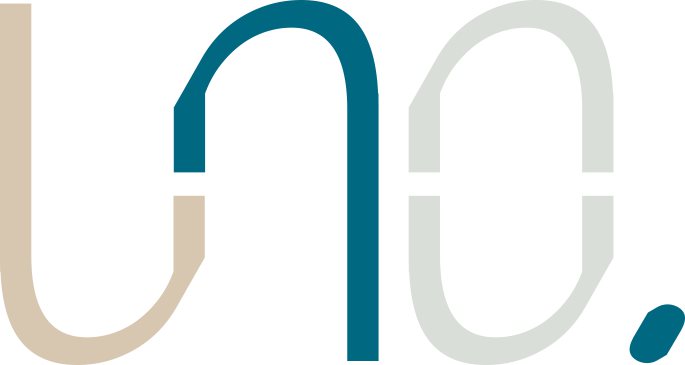European Project
Planning and Management
Our course in European Project Planning and Management is our only course tailored over the course of 2 weeks, with 10 days in class. This is because we in-depth about the project proposal ideation and writing and we also cover the process of managing the project once funded by the European Commission.
You will get insights about how to write a successful KA1/KA210/KA220 project proposal and what to do after that. Over these 10 days, we will incorporate various teaching methods, including lectures, group discussions, case studies, practical exercises, and guest speakers who have successfully managed European projects. We will provide you with access to relevant resources, templates, and tools, as well as opportunities for peer collaboration and feedback.
This 10-day course will equip you with the knowledge and skills needed to plan, write, and manage European projects, particularly within the Erasmus+ framework.
Here is a basic structure of one of our courses in European Project Planning and Management, please get in touch to get a more tailored experience and to know when the next one is starting!
Daily activities :
Day 1: Introduction to European Project Management
- Morning: Welcome and course overview
- Understanding the Erasmus+ Program
- Importance of project planning and management
- Overview of the course curriculum
- Ice-breaking activities
Day 2: Needs Assessment and Problem Analysis
- Understanding the needs of your target audience
- Defining project objectives
- Identifying potential problems and challenges
- Group activities for needs assessment
Day 3: Project Planning and Design
- Creating a logical framework
- Developing a project timeline
- Selecting the right partners
- Developing a budget
- Homework: Draft a project plan
Day 4: Writing a Winning Erasmus+ Proposal (Part 1)
- Morning: Overview of the Erasmus+ application process
- Crafting a compelling project description
- Outlining the methodology and expected results
- Group discussion and peer review
Day 5: Writing a Winning Erasmus+ Proposal (Part 2)
- Creating a detailed budget
- Understanding the evaluation criteria
- Tips for effective proposal writing
- Practical exercises in proposal writing
Day 6: Managing Project Implementation
- Morning: Project management methodologies
- Defining roles and responsibilities
- Communication and reporting mechanisms
- Risk assessment and mitigation
Day 7: Monitoring and Evaluation
- Setting up monitoring and evaluation mechanisms
- Collecting and analyzing project data
- Adapting to changing circumstances
- Case studies on project success and failure
Day 8: Communication and Dissemination
- Crafting a communication strategy
- Promoting your project
- The importance of disseminating results
- Practical exercises: Creating a dissemination plan
Day 9: Project Sustainability and Follow-up
- Ensuring project sustainability
- Preparing for project closure
- Lessons learned and best practices
- Group discussions on post-project activities
Day 10: Project Presentations and Graduation
- Participants present their project proposals
- Peer feedback and improvement suggestions
- Certification and closing ceremony
- Networking opportunities
